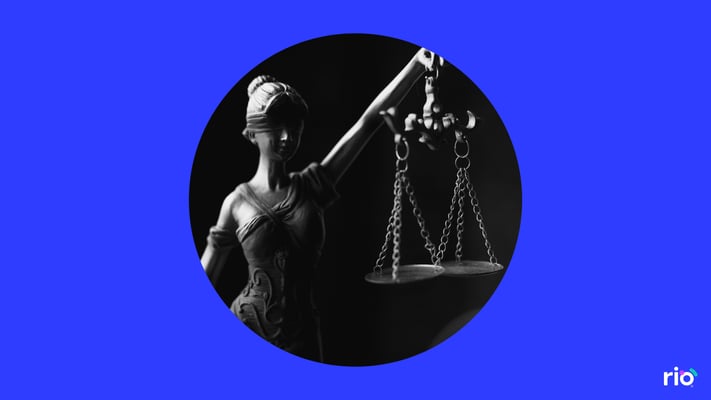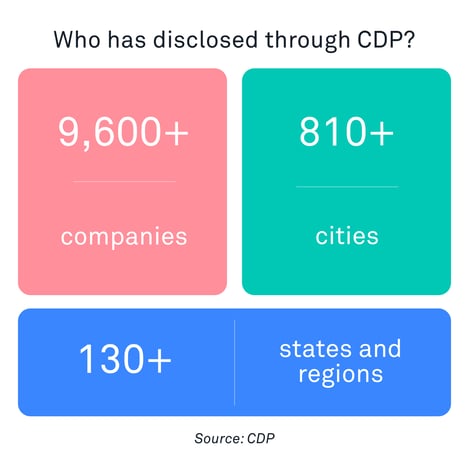
Blog
Making the CDP A List: Your Guide to CDP Reporting
11 March, 2021
/
Corporate Sustainability
,
Sustainable Cities and Communities
,
Life Below Water
,
Carbon
,
.png?width=2800&height=1400&name=TCFD%20Blog_%20Featured%20Image%20(4).png)
Check out other articles
Blog


Greening the UK Government
20 October, 2025 / Corporate Sustainability,
Blog


The Shift to Fractional Consulting and Technology in Sustainability
11 September, 2025 / Corporate Sustainability,
Blog





